Special Report: How Rate Hikes Will Affect CRE
The Fed's move shouldn't harm investors' appetites for assets, but more buyers may start looking for deals with shorter-term leases and frequent resets.
By IvyLee Rosario
New York—In the wake of the Federal Reserve’s announcement this week of intentions to raise interest rates, commercial real estate industry veterans assessed its impact on finance and investment. Although the initial consensus suggests that the initial 25 basis-point increase announced Wednesday would do little to discourage lending and investment in the short term, experts also cautioned that rising rates could eventually exert a dampening effect on the market.
Due to economic growth numbers, active job creation and an already low unemployment rate, the Fed was optimistic about the U.S. economy when approving its only its second rate increase in more than a decade. One month before President-elect Donald Trump takes office, the Fed made plans for not only this week’s increase but three more hikes in 2017.
“One cautionary note is the spike that we are seeing in long-term interest rates. At this writing, the 10-year Treasury note yield has jumped from 2.43 percent just before the Fed announcement to 2.56 percent,” said Ken McCarthy, principal economist at Cushman & Wakefield. “Before the election, the 10-year Treasury yield was roughly 1.75 percent. One factor supporting real estate values this cycle has been the low level of long-term interest rates. If these rates rise sharply and stay high, it could leave investors to reassess their return expectations.”
Given president-elect Donald Trump’s proposals to lower corporate and individual income taxes, roll back regulation and step up stimulative spending on defense and infrastructure, many decision-makers are taking potentially sweeping policy changes into account as they plan development and investment strategies.
With the rise of interest rates, companies are going to want fixed rates going forward, should continue to be mindful of the rising interest rate environment and should be aware that borrowing costs will be higher, depending on the size of the deal or the project. Whatever effect the hikes may bring, they should have little effect on the appetite for assets.
“I think it’s only a quarter of a point, so it’s unlikely that rate increase alone will make the difference between a positive or a no-go decision,” said Ronald Dickerman, founder & president of Madison International Realty, the New York City-based private equity investment firm. “I think that it’s more of the glide path that we’re going to live through a rising interest rate environment and steady into 2017.”
“It’s not the quarter of a point that happened Wednesday, but the point, point and a half that’s going to happen over the next year,” Dickerman added. “We’ve been very spoiled as real estate investors, given how low rates have been for so long. We’ve had a pretty good environment to borrow positive leverage.”
With a robust real estate market again anticipated in 2017, many investors will likely chase deals for assets offering shorter-term leases and frequent pricing resets. For longer-term holds with limited upsides, inflation or rising interest rates will erode real gains in rental revenue.
“Slowly but surely it will cost investors a little more money to operate their properties. However, they cannot increase their rents if they have long-term leases in place,” said Del Markward, president-elect of SIOR. “Therefore, the returns will be pinched in the short term until the market adjusts for the higher costs.”
Yes, the interest rate increase will be an adjustment, but according to several observers, it will not create a large gap in capabilities to buy, sell, or develop property. Indications from the Fed of a coming rate hike prompted many dealmakers to incorporate possible increases into their strategies. but due to the Fed’s discussions before coming to this decision. Transactions already in the pipeline will generally move forward on their original terms and will be unaffected by this increase.
“I don’t think anyone is surprised, but I think we’ve seen the end of dramatic rise in asset values that began in 2010 and reached 2 percent per month for many years,” said Peter Hauspurg, chairman & CEO of Eastern Consolidated, the New York City-based finance, investment and leasing advisory firm. “We are about to be reminded that this is a cyclical business.”
Image courtesy of Madison International Realty


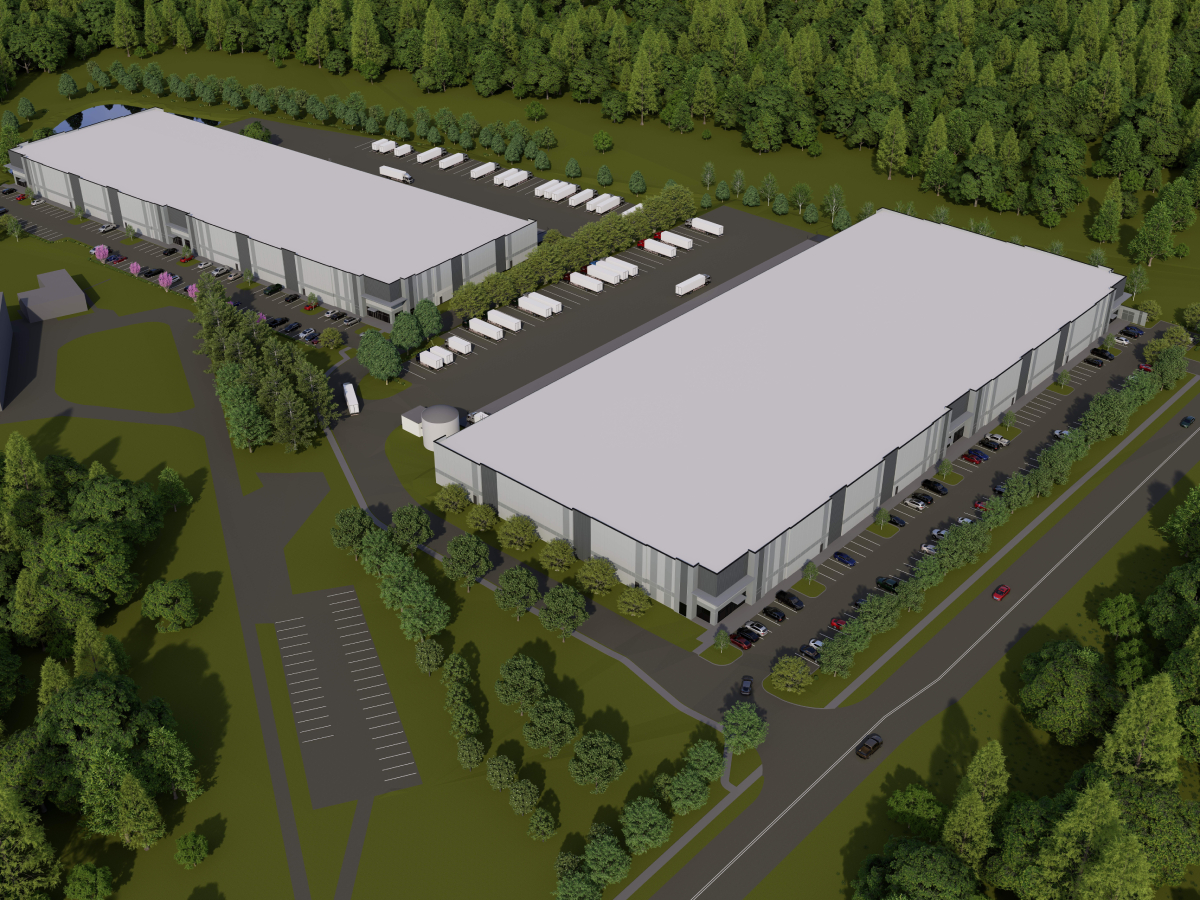
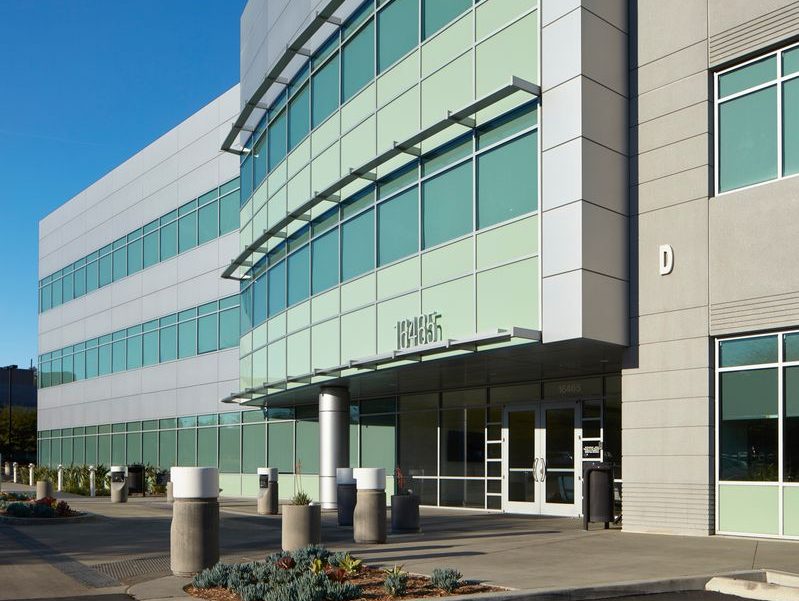
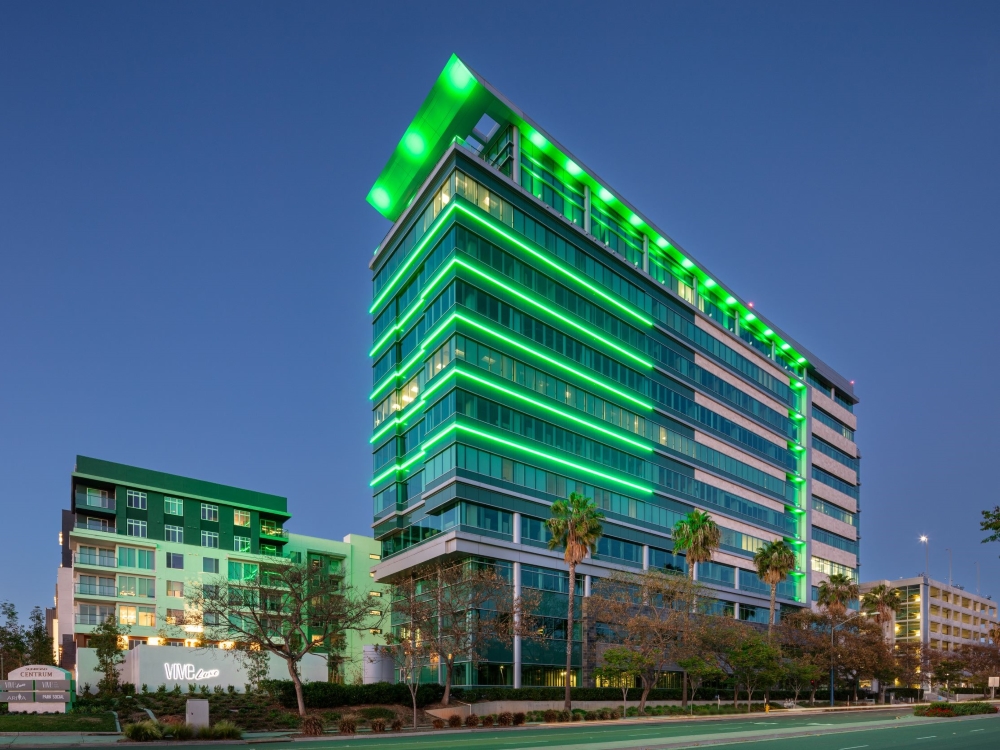
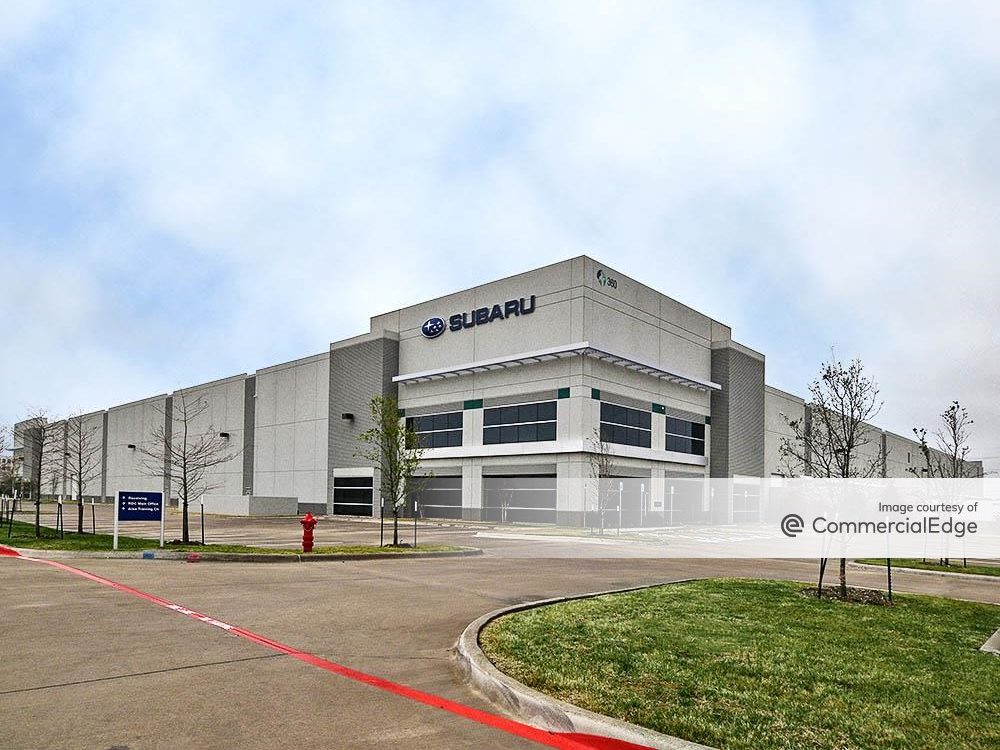
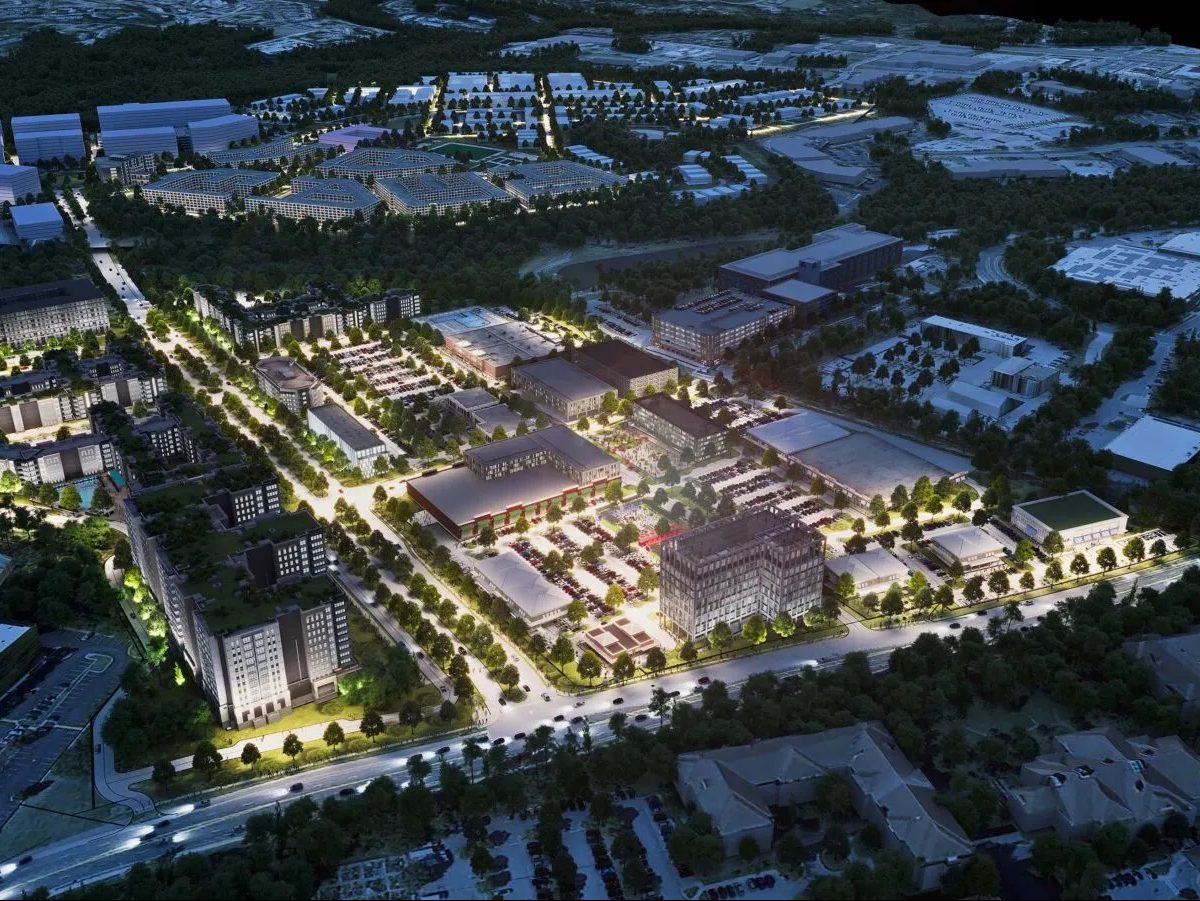
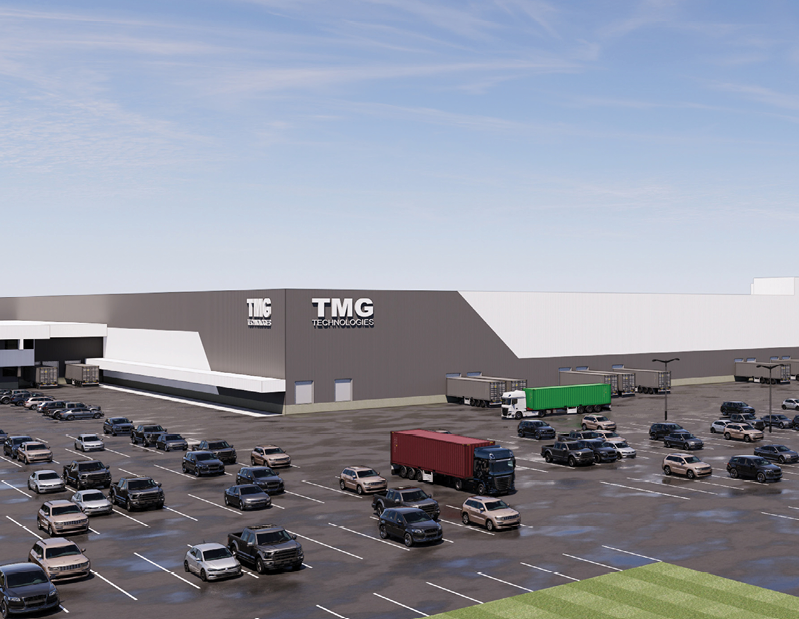
You must be logged in to post a comment.